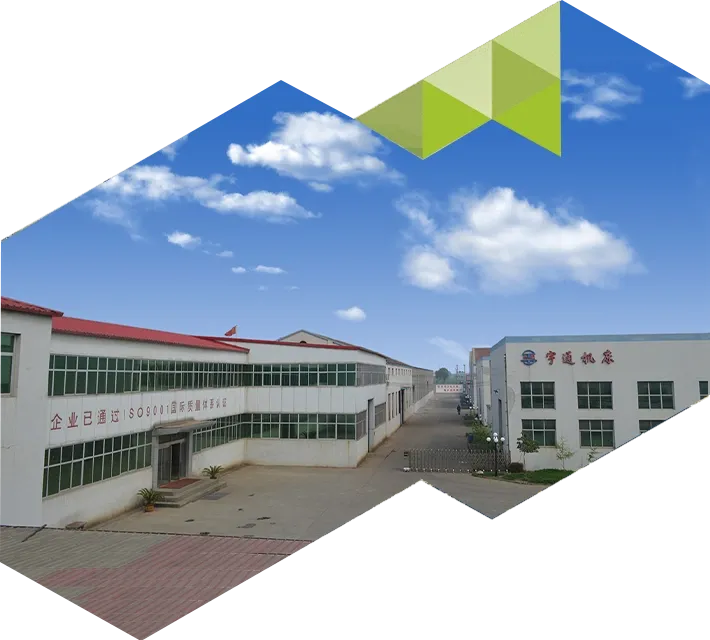
-
 Afrikaans
Afrikaans -
 Albanian
Albanian -
 Amharic
Amharic -
 Arabic
Arabic -
 Armenian
Armenian -
 Azerbaijani
Azerbaijani -
 Basque
Basque -
 Belarusian
Belarusian -
 Bengali
Bengali -
 Bosnian
Bosnian -
 Bulgarian
Bulgarian -
 Catalan
Catalan -
 Cebuano
Cebuano -
 Corsican
Corsican -
 Croatian
Croatian -
 Czech
Czech -
 Danish
Danish -
 Dutch
Dutch -
 English
English -
 Esperanto
Esperanto -
 Estonian
Estonian -
 Finnish
Finnish -
 French
French -
 Frisian
Frisian -
 Galician
Galician -
 Georgian
Georgian -
 German
German -
 Greek
Greek -
 Gujarati
Gujarati -
 Haitian Creole
Haitian Creole -
 hausa
hausa -
 hawaiian
hawaiian -
 Hebrew
Hebrew -
 Hindi
Hindi -
 Miao
Miao -
 Hungarian
Hungarian -
 Icelandic
Icelandic -
 igbo
igbo -
 Indonesian
Indonesian -
 irish
irish -
 Italian
Italian -
 Japanese
Japanese -
 Javanese
Javanese -
 Kannada
Kannada -
 kazakh
kazakh -
 Khmer
Khmer -
 Rwandese
Rwandese -
 Korean
Korean -
 Kurdish
Kurdish -
 Kyrgyz
Kyrgyz -
 Lao
Lao -
 Latin
Latin -
 Latvian
Latvian -
 Lithuanian
Lithuanian -
 Luxembourgish
Luxembourgish -
 Macedonian
Macedonian -
 Malgashi
Malgashi -
 Malay
Malay -
 Malayalam
Malayalam -
 Maltese
Maltese -
 Maori
Maori -
 Marathi
Marathi -
 Mongolian
Mongolian -
 Myanmar
Myanmar -
 Nepali
Nepali -
 Norwegian
Norwegian -
 Norwegian
Norwegian -
 Occitan
Occitan -
 Pashto
Pashto -
 Persian
Persian -
 Polish
Polish -
 Portuguese
Portuguese -
 Punjabi
Punjabi -
 Romanian
Romanian -
 Russian
Russian -
 Samoan
Samoan -
 Scottish Gaelic
Scottish Gaelic -
 Serbian
Serbian -
 Sesotho
Sesotho -
 Shona
Shona -
 Sindhi
Sindhi -
 Sinhala
Sinhala -
 Slovak
Slovak -
 Slovenian
Slovenian -
 Somali
Somali -
 Spanish
Spanish -
 Sundanese
Sundanese -
 Swahili
Swahili -
 Swedish
Swedish -
 Tagalog
Tagalog -
 Tajik
Tajik -
 Tamil
Tamil -
 Tatar
Tatar -
 Telugu
Telugu -
 Thai
Thai -
 Turkish
Turkish -
 Turkmen
Turkmen -
 Ukrainian
Ukrainian -
 Urdu
Urdu -
 Uighur
Uighur -
 Uzbek
Uzbek -
 Vietnamese
Vietnamese -
 Welsh
Welsh -
 Bantu
Bantu -
 Yiddish
Yiddish -
 Yoruba
Yoruba -
 Zulu
Zulu
Advanced Precision Nail Thread Rolling Machine for Exceptional Quality and Performance in Manufacturing
High-Quality Nail Thread Rolling Machines Revolutionizing Fastener Production
In the fast-paced world of manufacturing, the demand for high-quality fasteners continues to rise, particularly in industries ranging from construction to automotive. One of the most essential pieces of equipment in the production of fasteners, especially nails, is the thread rolling machine. In this article, we will explore the significance of high-quality nail thread rolling machines, their working principles, advantages, and the overall impact on production efficiency.
Understanding Thread Rolling Machines
Thread rolling is a cold-forming process that creates threads on cylindrical workpieces, which are typically made of steel or other metals. Unlike traditional machining methods that cut material away, thread rolling displaces material to form threads, resulting in a stronger and more durable product. The process involves the use of two or more rollers that press against the workpiece, turning it into a desired thread profile.
High-quality nail thread rolling machines are designed to operate with precision and efficiency. These machines can produce various thread sizes and configurations, accommodating different types of nails used in diverse applications. The quality of the machine directly influences the accuracy of thread formation and, consequently, the performance of the nails.
Advantages of High-Quality Machines
1. Enhanced Precision High-quality thread rolling machines are engineered with advanced technology that ensures consistent and precise thread profiles. This is crucial in the fastener industry, where even minor imperfections can lead to product failure.
2. Increased Production Speed These machines are capable of high-speed operations, allowing manufacturers to produce a larger quantity of fasteners in a shorter time. With the growing demand for nails in various sectors, the ability to scale production efficiently is a considerable advantage.
high quality nail thread rolling machine

3. Material Savings The cold-forming process used in thread rolling reduces material waste significantly compared to traditional machining. Since the material is displaced rather than cut away, manufacturers can enjoy lower raw material costs and improved profitability.
4. Improved Strength and Durability Nails produced through thread rolling have enhanced tensile strength due to the work-hardening effect of the process. This property makes rolled threads more resilient to stress and fatigue, ensuring that the fasteners perform well under various conditions.
5. Lower Energy Consumption High-quality machines are often designed to be more energy-efficient. With improved engineering and technology, manufacturers can achieve better output with lower energy costs, aligning with modern sustainability goals.
Impact on the Industry
The introduction and continued advancement of high-quality nail thread rolling machines have fundamentally transformed the fastener production industry. As manufacturers emphasize quality, cost-efficiency, and environmental responsibility, these machines have become indispensable. The ability to produce strong, reliable, and precise fasteners contributes not only to product performance but also to overall safety in construction and manufacturing applications.
Furthermore, the competitive landscape of the fastener industry drives innovation in machine design and technology. Manufacturers are constantly seeking new ways to enhance production processes, and high-quality thread rolling machines are at the forefront of this evolution.
Conclusion
In conclusion, high-quality nail thread rolling machines play a pivotal role in the fastener manufacturing sector. Their precision, efficiency, and durability contribute significantly to producing reliable products that meet the demands of various industries. As technology continues to evolve, investing in high-quality equipment will be crucial for manufacturers aiming to maintain competitiveness and deliver top-notch products in an increasingly demanding market. Ultimately, the future of fastener production looks promising with the continued advancement of thread rolling machinery.
